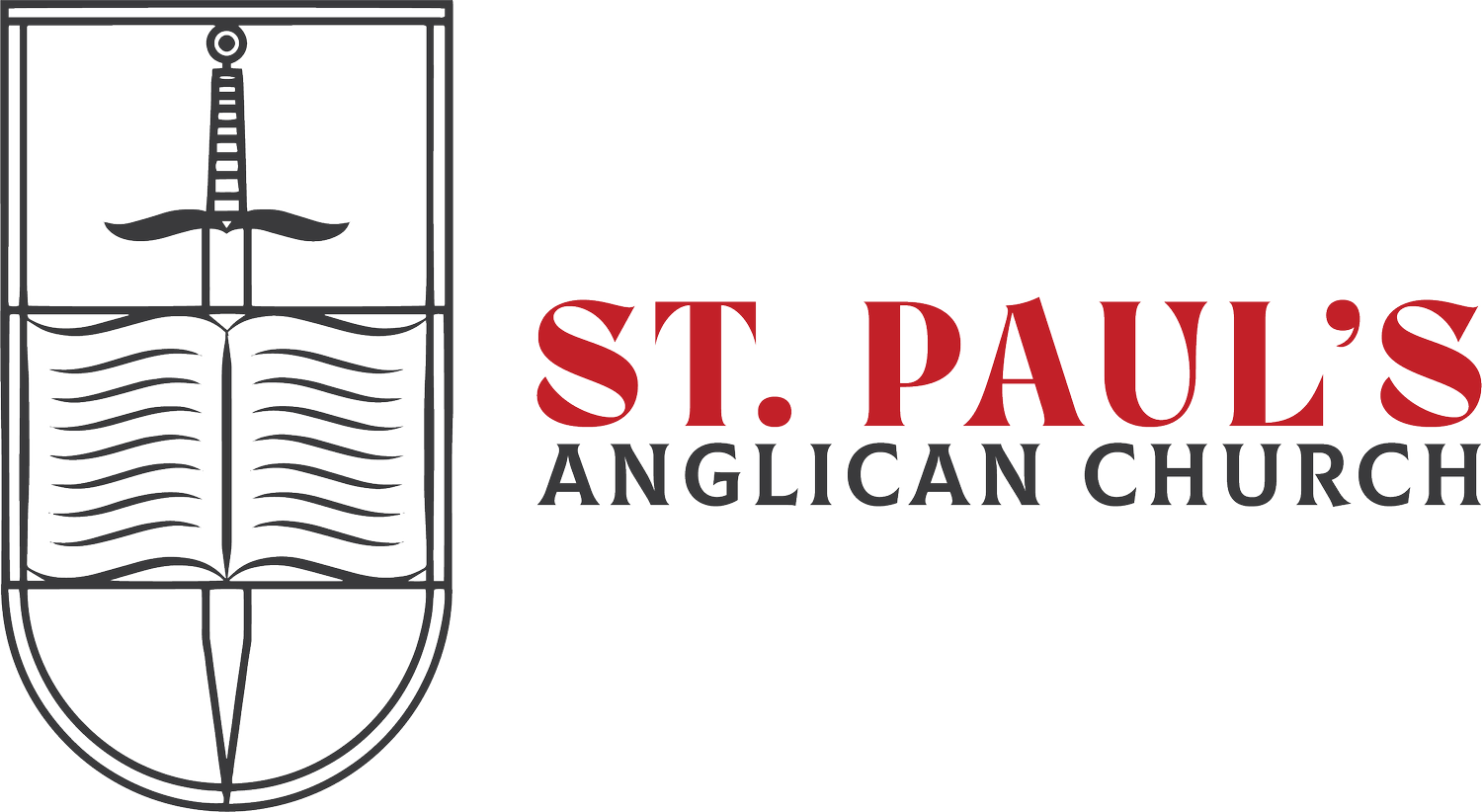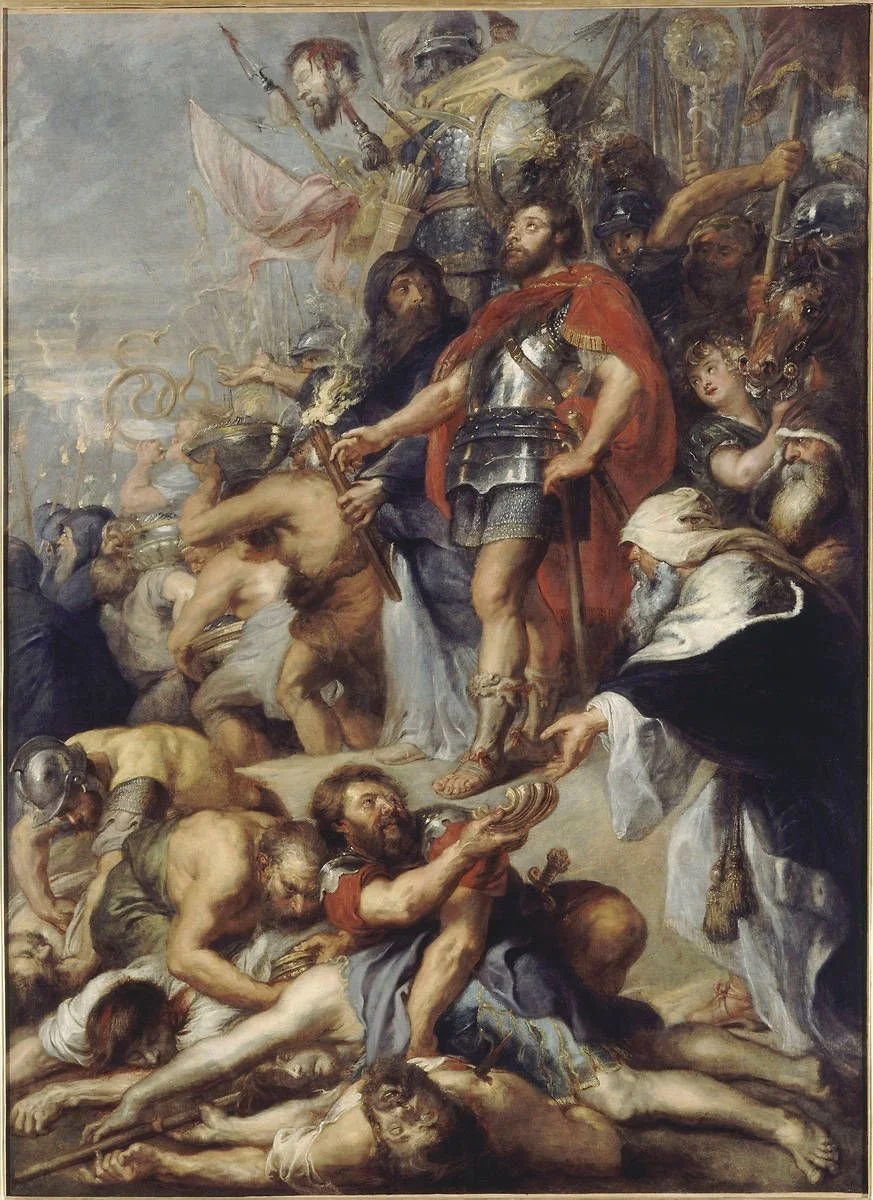How Many Books Are in the Bible?
"The Archangel Raphael and Tobias" by Titian (c. 1512-1514) depicts one of the storylines in the book of Tobit
You may have noticed that we’ve had some readings from Ecclesiasticus over the past few weeks. Ecclesiasticus—also known as Sirach—is not the same as Ecclesiastes. Depending on what kind of Bible you have, you may be unable to find Ecclesiasticus because some sects argue that it shouldn’t be considered part of the Bible. Every major Christian tradition agrees on the 66 books divided into Old and New Testament. If, however, you happen to acquire a Catholic Bible, you’ll find seven additional books: additions to Esther, Tobit, Judith, 1-2 Maccabees, the Book of Wisdom, Ecclesiasticus (Sirach), Baruch and the Letter of Jeremiah, and additions to Daniel (the Prayer of Azariah and Song of the Three Holy Children, Susanna and the Elders, and Bel and the Dragon). The Eastern Orthodox also include these and a few other additions in their canon. As always, Anglicanism feels caught in the middle: do we agree with the Protestants, Roman Catholics, or the Orthodox? How many books should be in an Anglican Bible?
We might begin with the New Testament. While it would be easy if there was an established canon that Jesus, Paul, and other early Christian figures adhered to, it is unclear exactly what books were deemed canonical or not. Most of the books that are in the Apocrypha were written after their Old Testament counterparts. Yet, it is important to note that the New Testament authors were steeped in the Jewish tradition and the Apocrypha would have played a part in influencing their world view. However, there are certainly allusions in the New Testament to apocryphal books. For example, Jude 1:14-15 includes a rather obscure reference to Enoch:
Jude 1:14-15: “And Enoch also, the sseventh from Adam, prophesied of these, saying, Behold, the Lord cometh with ten thousands of his saints, to execute judgment upon all, and to convince all that are ungodly among them of all their ungodly deeds which they have ungodly committed, and of all their hard speeches which ungodly sinners have spoken against him.”
I Enoch 1:9: “Behold! he comes with tens of thousands of His holy ones to pass judgment upon all.”
Jude also alludes to a now lost book called The Assumption of Moses in v. 9 when he mentions, “Yet Michael the archangel, when contending with the devil he disputed about the body of Moses, durst not bring against him a railing accusation, but said, The Lord rebuke thee.”
St. Paul seems to draw from the Wisdom of Solomon 13-14 in Romans 1:18-32 in his condemnation of idolatry. Jesus himself seems to be playing with Ecclesiasticus 40:15 when he tells the parable of the mustard seed in St. Matthew 13:31-32:
Ecclesiasticus 40:15: “The children of the ungodly shall not bring forth many branches: but are as unclean as roots upon a hard rock.”
St. Matthew 13:31-32: “The kingdom of heaven is like to a grain of mustard seed, which a man took, and sowed in his field: which indeed is the least of all seeds: but when it is grown, it is the greatest among herbs, and becometh a tree, so that the birds of the air come and lodge in the branches thereof.”
While these are hardly definitive, it does show that these books were active in forming the writers of Scripture. For this reason, many, but not all, early Christians quickly acknowledged these books as authoritative. For example, St. Irenaeus of Lyons, who lived from 120-180 numbered Tobit among the prophets (Against Heresies 1.30.11), cites the addition to Daniel known as Bel and the Dragon, (4.5.2), and quotes the book of Baruch (5.35.1). Clement of Alexandria (150-215) quotes Ecclesiasticus (Paedagogus 1.8, 2.3, 2.5) and Tobit (Stromata 2.23, 4.12). While many of the early Fathers agree with Irenaeus and Clement, it was not unanimous which books should be included or excluded, but many of these works made it into the Church’s liturgy. St. Jerome, the translator of the Vulgate (the Latin Bible), argues that certain of these books, like Judith, Tobias, and Maccabees, ought to be read in the liturgy “for the strengthening of the people, but not for confirming the authority of ecclesiastical dogmas.” Jerome’s position is the minority one, but there is a clear through line of theologians who agree. Twelfth-century theologian Hugh of Saint Victor makes a clear distinction between the canon and deuterocanonical books; the former are authoritative and used to make doctrine while the latter are read for edification but not the establishment of dogma.
"The Triumph of Judas Maccabeus" by Peter Paul Rubens (1634-1636)
Many of the English Reformers took this position. Article 6 in the 39 Articles says:
“And the other Books (as Hierome saith) the Church doth read for example of life and instruction of manners; but yet doth it not apply them to establish any doctrine; such are these following:
The Third Book of Esdras,
The Fourth Book of Esdras,
The Book of Tobias,
The Book of Judith,
The rest of the Book of Esther,
The Book of Wisdom,
Jesus the Son of Sirach,
Baruch the Prophet,
The Song of the Three Children,
The Story of Susanna,
Of Bel and the Dragon,
The Prayer of Manasses,
The First Book of Maccabees,
The Second Book of Maccabees.”
This position has remained true of Anglicans who have integrated these books into our liturgical life, while also not drawing from them to establish theological positions that can only be supported using them. In fact, if you’ve been doing Evening Prayer recently, you might have noticed that the first Scripture lesson has been from Ecclesiasticus since the Thursday after the Twelfth Sunday after Trinity and will continue to be so until the Wednesday after the Sixteenth Sunday After Trinity (see BCP xxxii-xxxv). Further, Sunday Morning Prayer readings are often prescribed from the Deuterocanon, which is how they get worked into our liturgy on Sunday mornings.
To close, it might help to tell a story. The American Bible Society, an American group that helps distribute Protestant Bibles, was eager to make a Bible for the late Elizabeth II to be coronated on in 1953. Unfortunately, they were not allowed to because English monarchs have to be coronated on the whole Bible and the American Bible Society’s charter prevented them from including the Apocrypha in their Bibles. So, as Anglicans, we recognize that there are 73 books of the Bible, but we also understand that not all those books are of equal authority so we make a distinction between the Canon (books that are fully authoritative) and the Deuterocanon (books that are not fully authoritative). As Abp. Mark Haverland of the Anglican Catholic Church says in his book Anglican Catholic: Faith and Practice, “The Anglican position on the Apocrypha is intermediate between that of hte Roman Catholics and of the Protestants (though the Lutherans agree with us). Anglicans do not base doctrine (‘dogma’ in the official Latin text of the Articles), meaning an essential teaching, on the authority of the Apocrypha alone. Lessons from the Apocrypha are often assigned to be read in Morning and Evening Prayer, and canticles from the Apocrypha are sung at Morning Prayer (BCP, pp. 11-13, from the Song of the Three Children). The Puritans in the 16th and 17th centuries attacked the Prayer Book for this use of the Apocrypha.” How many books are in the Anglican Bible? 73, but with a bit of a caveat.


